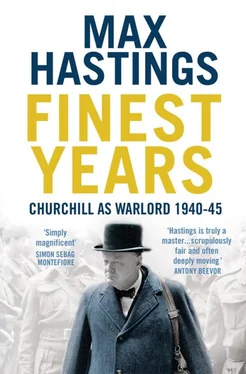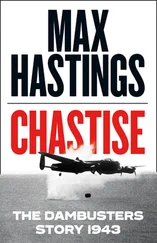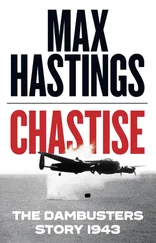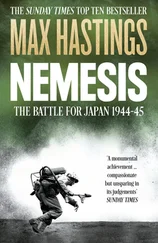Another eye-witness, writer Peter Fleming, then serving as an army staff officer, identified the same emotional confusion: ‘This period was one of carefree improvisation as far as most civilians were concerned. It was as though the whole country had been invited to a fancy-dress ball and everybody was asking everybody else “What are you going as?” A latent incredulity, and the fact that almost everybody had more than enough to do already, combined to give problems connected with invasion the status of engrossing digressions from the main business of life…The British, when their ally was pole-axed on their doorstep, became both gayer and more serene than they had been at any time since the overture to Munich struck up in 1937.’
British casualties in France were large in relation to the size of the BEF, but trifling by comparison with those of the French, and with the infinitely more intense struggles that would take place later in the war. The army lost just 11,000 killed and missing, against 120,000 French dead. In addition, 14,070 British wounded were evacuated, and 41,030 BEF prisoners fell into German hands. The loss of tanks, artillery and weapons of all kinds was, of course, calamitous. It is a familiar and ill-founded cliché that the 1940 British Expeditionary Force was ill-equipped. In reality it was much better supplied with vehicles than the Germans, and had good tanks if these had been imaginatively employed. When Hitler’s Field Marshal Fedor von Bock saw the wreckage at Dunkirk, he wrote in astonishment: ‘Here lies the material of a whole army, so incredibly well-equipped that we poor devils can only look on with envy and amazement.’ The BEF was driven from Dunkirk after relatively light fighting and very heavy retreating, because it lacked mass to change the outcome of the campaign once the French front was broken, and was outfought by German formations with better leadership, motivation and air support. The British Army was now, for all practical purposes, disarmed. Almost a thousand RAF aircraft were gone, half of these fighters.
But Britain had human material to forge a new army – though not one that alone could ever be large enough to face the Germans in a Continental war – if only time was granted before it must fight again. An American correspondent reported home that Londoners received news of the French surrender in grim silence rather than with jokes or protestations of defiance. The Battle of France was over, Churchill told the British people on the following night. The Battle of Britain was about to begin. The position of Churchill’s nation on 17 June was scarcely enviable. But it was vastly better than had seemed possible a month earlier, when the BEF faced annihilation.
* Estimates that as many as 8,000 people perished on the Lancastria are rendered implausible by the overall casualty figures for the campaign in France, which show a total British loss of life of only 11,000.
Конец ознакомительного фрагмента.
Текст предоставлен ООО «ЛитРес».
Прочитайте эту книгу целиком, купив полную легальную версию на ЛитРес.
Безопасно оплатить книгу можно банковской картой Visa, MasterCard, Maestro, со счета мобильного телефона, с платежного терминала, в салоне МТС или Связной, через PayPal, WebMoney, Яндекс.Деньги, QIWI Кошелек, бонусными картами или другим удобным Вам способом.












